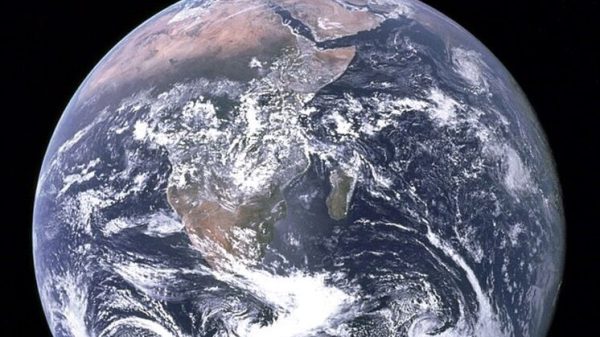A first-of-its-kind study in California has laid bare the staggering scale of pollution from plastic microfibers in synthetic clothing – one of the most widespread, yet largely invisible, forms of plastic waste.
The report, whose findings were revealed exclusively by the Guardian, found that in 2019 an estimated 4,000 metric tons – or 13.3 quadrillion fibers – were released into California’s natural environment. The plastic fibers, which are less than 5mm in length, are primarily shed when we wash our yoga pants, stretchy jeans and fleece jackets and can easily enter oceans and waterways.
“The findings were nothing short of shocking,” said Alexis Jackson, fisheries project director at the Nature Conservancy in California, which commissioned the study from a research team at the University of California, Santa Barbara. The study has not yet been peer reviewed or published.
Many picture ocean plastic pollution as large debris such as bags, straws and bottles, but in fact the majority consists of tiny particles that accumulate in tiny organisms and rise in the food chain.
Their size makes it easy for them to collect in everything from plants to plankton. A recent study found that 73% of fish caught at mid-ocean depths in the Atlantic had microplastic in their stomachs.
The number – 13.3 quadrillion – is tricky to wrap one’s mind around, so the study’s authors have made more digestible comparisons: it’s as many fibers as there are stars in the Milky Way galaxy. It’s also equivalent to 80m rubber duckies’ worth of plastic polluting the state every year.















































Свежие комментарии